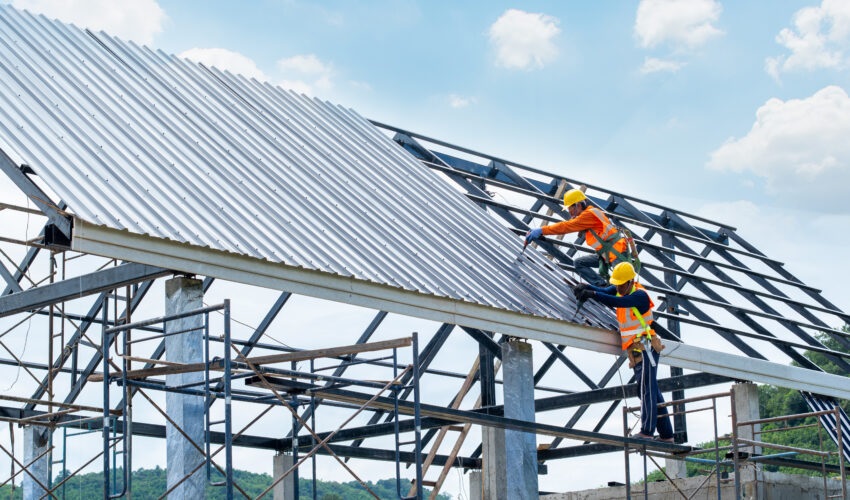
The Crucial Role of Roofing Companies in Construction Design
In the realm of construction design, every element counts towards creating a sturdy, functional, and aesthetically pleasing structure. Among these, roofing stands out as a fundamental component, protecting interiors from the elements while defining the architectural character. Behind every resilient roof lies the expertise of roofing companies, whose skills and knowledge are indispensable in the construction industry.
Understanding Roofing Companies
Roofing companies specialize in the installation, repair, and maintenance of roofs for residential, commercial, and industrial properties. These companies employ skilled professionals versed in various roofing materials, techniques, and safety protocols. Their services range from traditional asphalt shingles to innovative options like metal roofing, reflecting advancements in construction technology and sustainability practices.
Integration in Construction Design
Within the broader context of construction design, roofing companies play a multifaceted role. Their involvement begins during the initial planning stages, where they collaborate with architects, engineers, and contractors to devise roofing solutions that align with the project’s requirements and vision. From selecting suitable materials to determining structural specifications, their input influences the overall design and functionality of the roof.
Key Responsibilities
- Material Selection: Roofing companies assess factors such as climate, building codes, budget constraints, and aesthetic preferences to recommend the most suitable roofing materials. Whether it’s traditional options like asphalt or modern alternatives like green roofs, their expertise ensures optimal performance and durability.
- Structural Integrity: Ensuring the structural integrity of the roof is paramount. Roofing companies conduct thorough assessments to identify potential weaknesses and reinforce the framework as needed. This involves evaluating load-bearing capacity, implementing proper ventilation systems, and adhering to industry standards for safety and stability.
- Waterproofing and Insulation: Effective waterproofing and insulation are critical for maintaining a comfortable and energy-efficient interior environment. Roofing companies employ advanced techniques and high-quality materials to prevent water infiltration, mitigate thermal transfer, and enhance overall comfort and energy efficiency.
- Installation and Maintenance: The installation process demands precision and attention to detail to achieve optimal results. Roofing companies employ skilled craftsmen trained in the latest installation techniques to ensure seamless integration with the rest of the structure. Furthermore, they offer ongoing maintenance services to prolong the lifespan of the roof and address any issues that may arise over time.
Innovation and Sustainability
As construction practices evolve, roofing companies are at the forefront of innovation and sustainability efforts. They embrace eco-friendly materials, such as recycled shingles and solar panels, to minimize environmental impact and promote energy efficiency. Additionally, advancements in technology enable them to enhance roof performance through features like cool roofs and smart monitoring systems, furthering the industry’s commitment to sustainability and resilience.
Conclusion
In the intricate tapestry of construction design, roofing companies stand as indispensable contributors, weaving together expertise, innovation, and craftsmanship to create roofs that withstand the test of time. From material selection to installation and maintenance, their holistic approach ensures the structural integrity, functionality, and aesthetic appeal of every roof they touch. As the construction industry continues to evolve, the role of roofing companies remains vital in shaping the built environment for generations to come.
